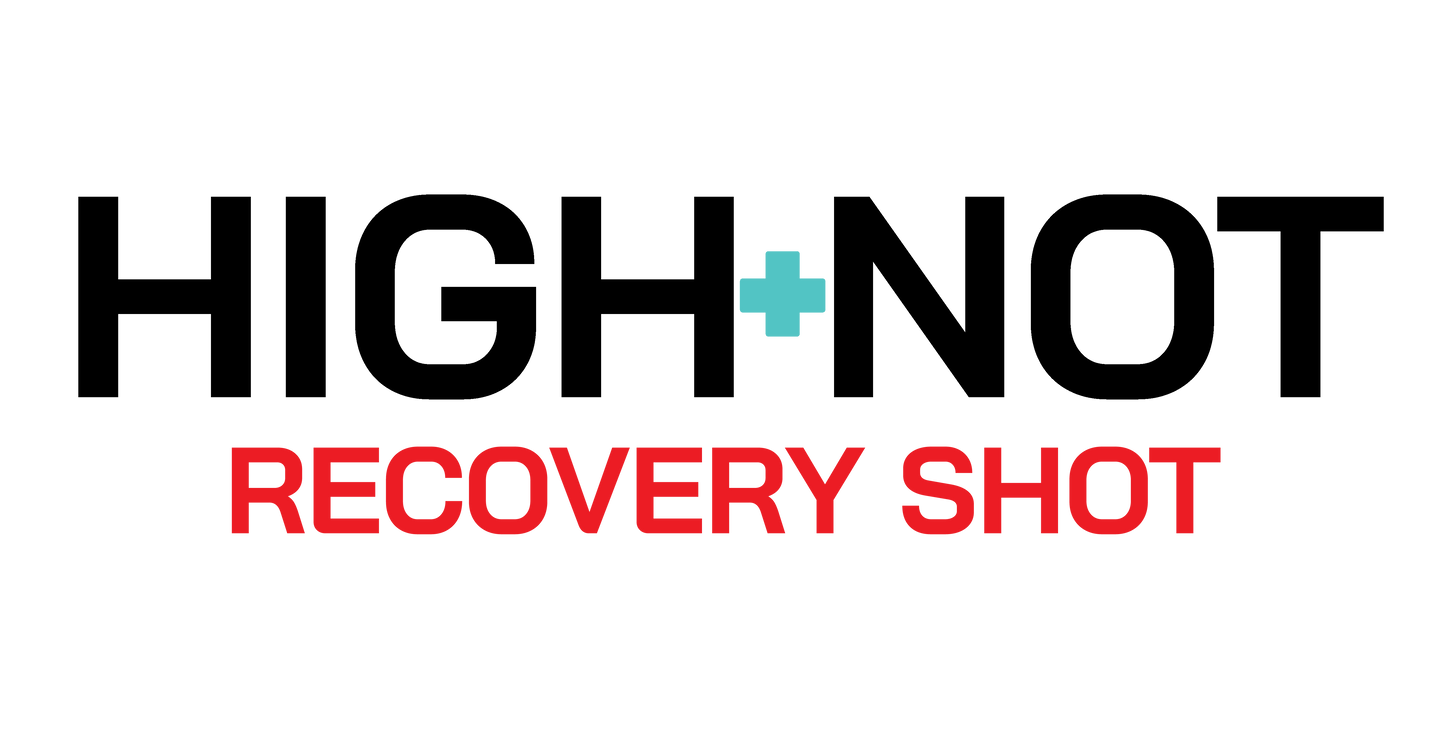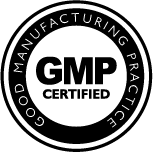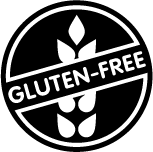
Feeling tense? Discover how the right strategies can transform your THC experience into one of relaxation and peace, turning anxiety on its head.
1. Understanding THC and Its Effects on Anxiety
THC, the main psychoactive component in cannabis, can have varying effects on anxiety, depending on the dose, the user’s individual chemistry, and the context of use. While some find THC to be a potent anxiety reliever, others may experience heightened anxiety and paranoia. These divergent responses are primarily influenced by the complex interplay between THC and the body’s endocannabinoid system, which plays a significant role in regulating mood, fear, and stress levels.
The biphasic effects of THC mean that while small doses may alleviate anxiety for some, larger doses could exacerbate it. This paradoxical reaction underscores the importance of understanding how THC interacts with your body. Further complicating matters is the individual’s unique endocannabinoid system, which can react differently to THC based on genetics, existing mental health conditions, and overall sensitivity to cannabis.
2. Techniques for Controlling Dosage for Anxiety Relief
Mastering the art of dosing is crucial for those using THC for anxiety relief. Start with a low dose, especially if you are new to cannabis or have experienced anxiety with THC before. Microdosing, the practice of taking very small amounts of THC, can be particularly effective for managing anxiety without overwhelming the senses. Gradually increasing the dose allows the user to find their ideal level of relief without crossing into discomfort.
Understanding the different methods of consumption is also key, as each delivers THC to your system at different rates. Inhalation (smoking or vaping) offers immediate effects, making it easier to titrate the dose in real-time, whereas edibles take longer to kick in and can result in unintentionally higher doses if not careful. Keeping a consumption diary can help users track dosages, effects, and strains, leading to a more tailored and effective anxiety management strategy.
3. Incorporating Relaxation Strategies into Your Routine
Adding relaxation techniques to your THC routine can amplify its anxiety-relieving effects. Mindfulness and meditation practices can center the mind and reduce stress, complementing THC’s effects. Engaging in deep breathing exercises before consuming THC can also prepare the body and mind for relaxation, helping to mitigate potential anxiety.
Yoga and light physical activity are other effective complements, offering both mental and physical benefits. The endorphin release from exercise, combined with THC’s soothing properties, can create a profoundly peaceful state. Creating a calming environment—dim lighting, soft music, and comfortable seating—can also enhance the overall experience and promote relaxation.
It’s beneficial to integrate these practices outside of your THC usage as well. Regular engagement with relaxation techniques can improve overall stress management and mental health, creating a solid foundation that enhances THC’s effectiveness for anxiety relief.
4. Choosing the Right Strains and Products for THC Anxiety Management
Not all cannabis strains are created equal, especially when it comes to managing anxiety with THC. Indica strains are often recommended for their relaxing and sedative effects, which can be particularly beneficial for anxiety relief. However, some users may find relief with sativa or hybrid strains that offer a balance of euphoria and calm.
CBD, another cannabinoid found in cannabis, is well-known for its anxiety-reducing properties without the psychoactive effects of THC. Strains with a balanced THC:CBD ratio can offer a gentler introduction to THC for anxiety relief, providing the calming effects of CBD with the therapeutic benefits of THC. Personal experimentation, guided by knowledgeable dispensary staff or medical professionals, is key to finding the perfect strain that suits your needs.








